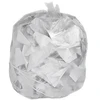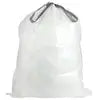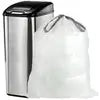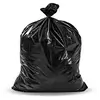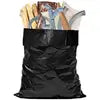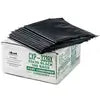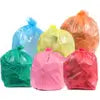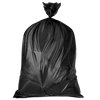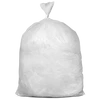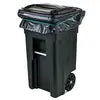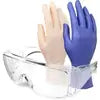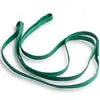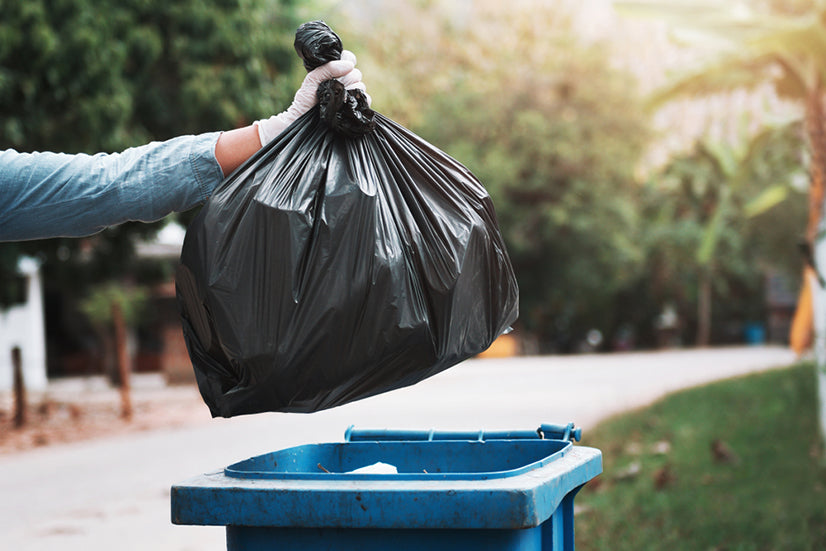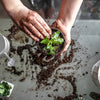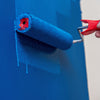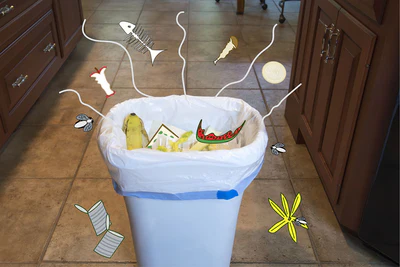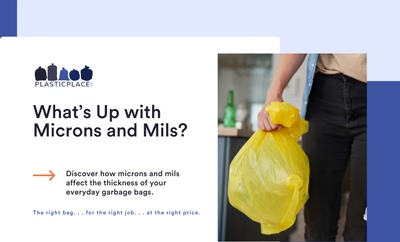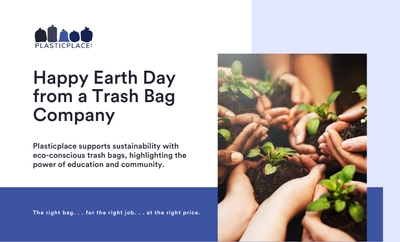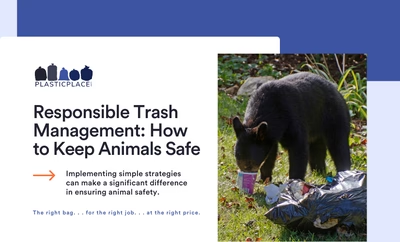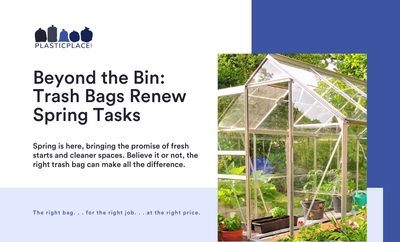Source: lovelyday12/Shutterstock.com
Every day, it seems like things get more complicated, and we’re left wondering if we’re doing it right. Take eggs, for instance. Free-range, organic, cage-free or humane-raised? It’s simply too many decisions for something that should be simple. Examples of the unnecessarily complicated abound.
Let us help you simplify one modern dilemma: how should recyclables and trash be stored?
With our Earth-Friendly Policy, you always know you’re making the best choice starting with garbage and recycling bags from Plasticplace.com.
Why the Way You Store Trash and Recyclables Matters
For something we’ve been doing our entire lives, storing trash (and now recyclables) has grown increasingly complex.
That’s partly because now we’re well aware that the trash and recyclables we toss today become someone else’s workload tomorrow. From your garbage carrier to the sorters at the recycling facility, the way you store your waste affects people down the line.
We’re also much more cognizant of the environmental impact of our waste. From the exploitation of natural resources to greenhouse gas emissions to the Great Pacific Garbage Patch, how we handle our waste matters.Finally, the way you store your trash and recyclables matters to your family and your neighbors. Improperly stored trash can invite rodents and other pests into the neighborhood. And some hazardous materials that are improperly disposed of can leak into local waterways.
For all these reasons, as well as for your own sense of organizational bliss, you need to know how to store your trash and recyclables.
Buy Large Recycling Bags from PlasticplaceHow to Store Trash
Putting some thought into where you’re going to place trash bins can help keep your home clean and smelling nice. Under the kitchen sink may be good for keeping trash out of sight, but may lead to smellier problems if no one notices the trash overflowing.
Investing in quality trash receptacles, such as purchasing Simplehuman garbage bags and cans, will make storing garbage in the home more pleasant. Having a lid that opens with a foot pedal or wave of the hand can keep the can clean. And a sturdy lid will keep pets out. Also, large black trash bags won't need to be emptied as often.
Some simple tricks can prevent garbage odors in the kitchen. Try collecting your kitchen waste in a small bag kept in the freezer. On garbage day, put the bag of frozen scraps in your garbage bag and take it to the curb. As a bonus, scavenging animals won’t smell the frozen fare. You could always take food waste directly out to the compost pile, too.
Finally, keep sanitation workers safe. Wrap broken glass in paper or other material and place it in a small bag before putting it in the trash. Also, don’t put broken glass in the recycling container, even if your municipality recycles glass.

Source: Alina Kruk/Shutterstock.com
How to Store Recyclables
Did you know about 25 percent of the items sent to the recycling center aren’t recyclable? Even worse, some of these items contaminate recyclable material, which then must go to the landfill. Over time, our sloppy recycling habits have led to a lack of businesses willing to process recyclable materials.
You can cut down on the contamination at recycling centers by learning how to store your recyclables properly.
Don’t Store Trash in Your Recyclables
Putting non-recyclable items in the recycling bin — like your old pans or your children’s broken toys — makes your recycling more difficult to store.
Wish-cycling, or placing the wrong things in blue bins because you hope they’ll get recycled, is also problematic for our recycling system. The extra time and money recycling centers must spend sorting through your aspirational recycling makes it more difficult for them to make a profit.
You can also check with your recycling center when you’re unsure about an item. Otherwise, keep the motto “when in doubt, throw it out” in mind when storing your recyclables.

Source: Jenson/Shutterstock.com
Clean Recyclables and Flatten Boxes Before You Store Them
Always rinse food from your recyclables before putting them in the bin. When you store dirty recyclables, you increase the risks of odors or pests in your home. Also, food and grease left in cans and other recyclables can spill over and make other materials unfit for recycling. When that happens, the contaminated bunch goes to the landfill.
Cardboard boxes will be easier to store if you flatten them. In fact, most recycling centers require boxes to be flat before they’ll accept them.
Storing Trash and Recyclables Properly Matters
Storing your trash and recyclables becomes straightforward when you consider how your waste impacts others and the environment. And you can make sure the majority of recycling actually gets recycled when you follow some common-sense practices.
Investing in quality trash bags from Plasticplace.com will keep your home clean and smelling nice while ensuring sanitation workers aren’t dealing with a mess down the road.
Find The Trash Bags You Need Today! 4.9 out of 5
4.9 out of 5 











